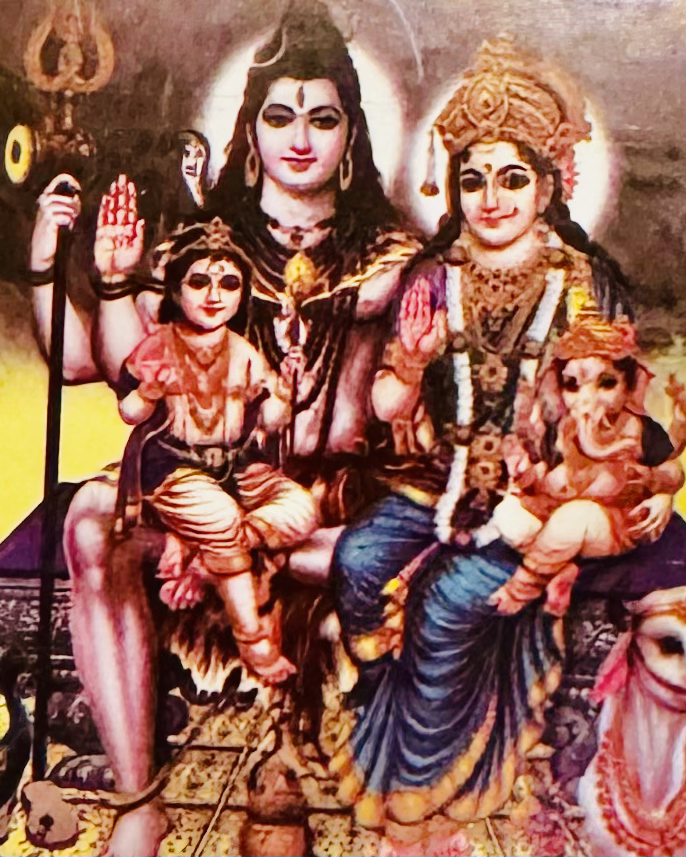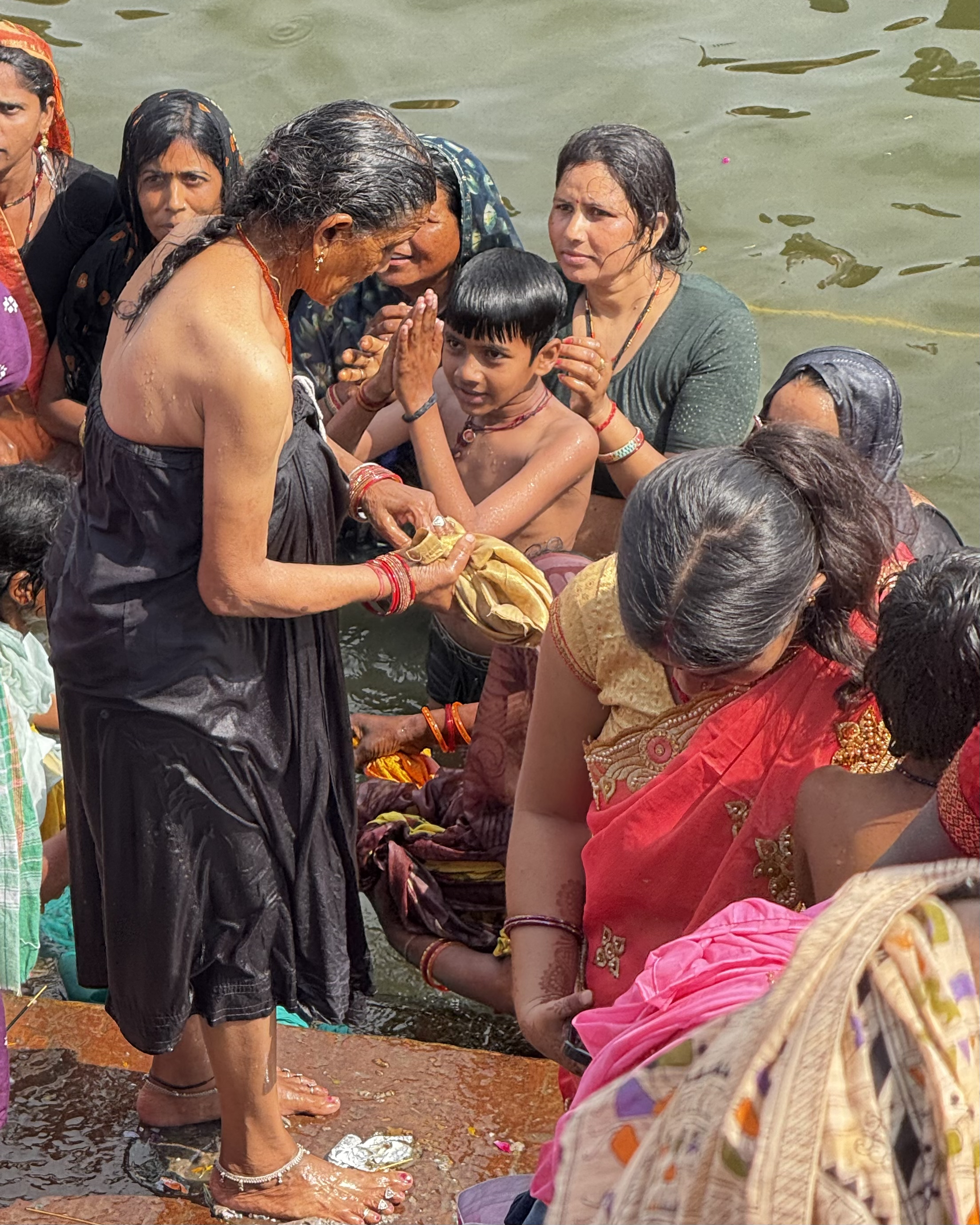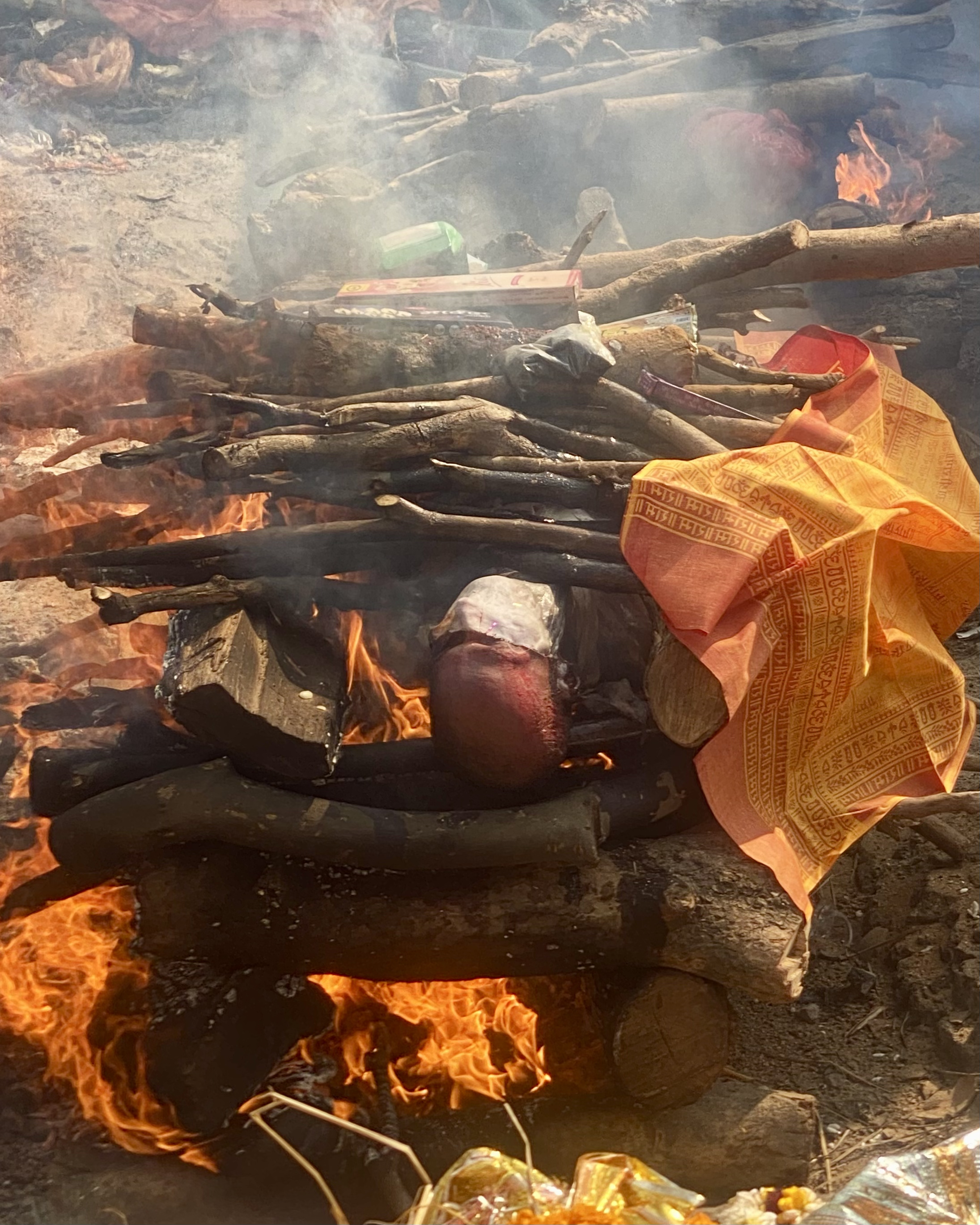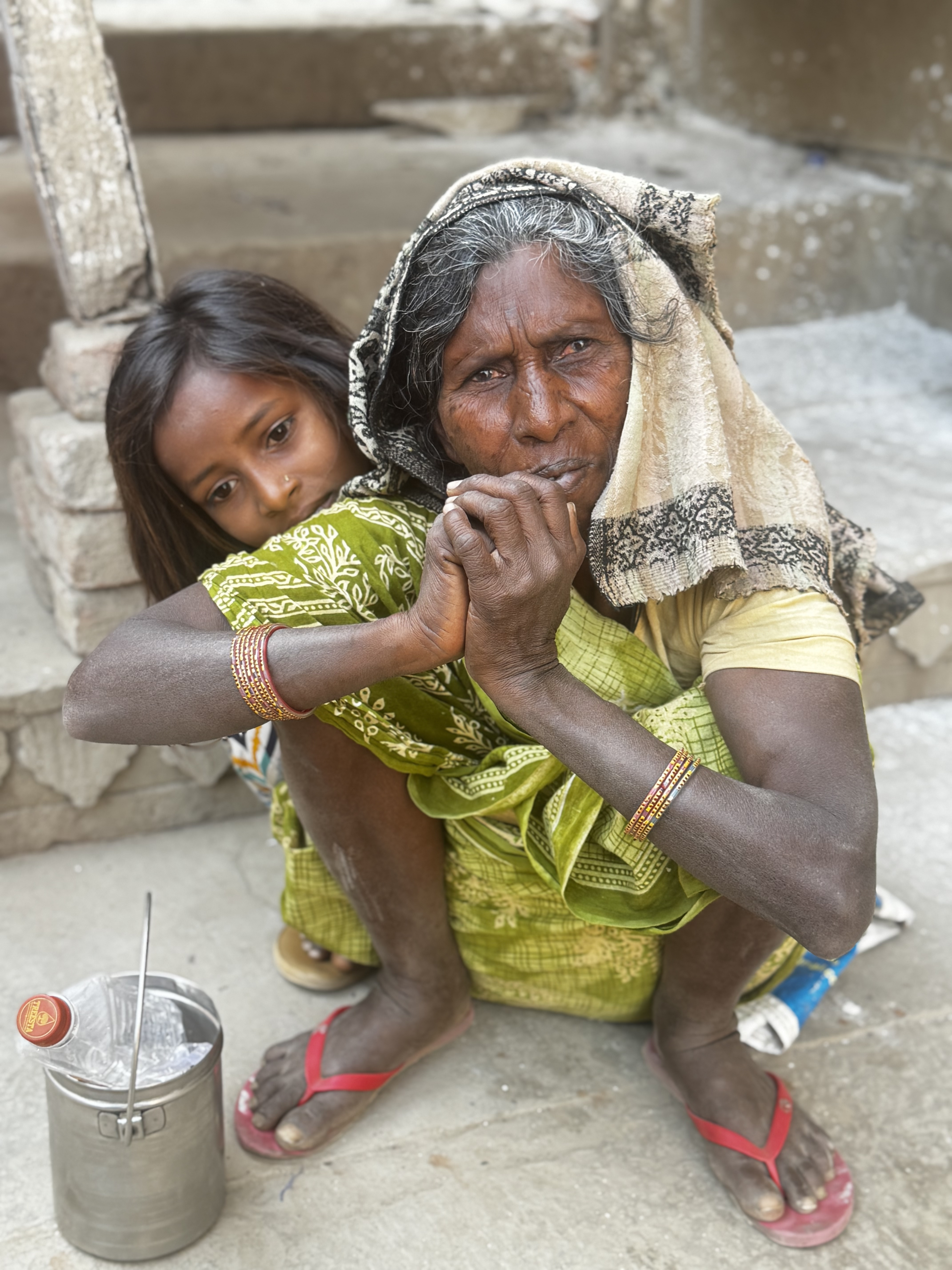The Mysteries Behind Hinduism
Spending several months in India over the past two years sparked my curiosity. When you do not understand something, you simply do not—but choosing not to find out? Well, that’s just ignorance! Hindu people are kind, sincere, and deeply devoted to their faith, and I soon realized that Hinduism is not just a religion—it is a way of life. It has absorbed local traditions, customs, and philosophies over thousands of years, making it one of the most colorful, layered, and complex belief systems in the world.
This is not the Alpha and Omega of Hinduism, but rather my own observations after spending many months in India, immersing myself in the culture, the traditions, and the conversations. I wanted to see the full picture, to understand it in color (because black and white just would not do). So, I started from the beginning.
The Origins of Hinduism. Did you know? Because I certainly did not! The term 'Hindu' was never originally a religious label—it was simply a geographic term. The word comes from the Persian and Greek names for the Indus River (Sindhu in Sanskrit). The ancient Persians called the people living beyond the Indus 'Hindus.'
Over time, this term evolved into the religious and cultural system we now call Hinduism. Unlike religions with a single founder (like Buddhism, Christianity, or Islam), Hinduism did not start as an organized religion. Instead, it grew organically over thousands of years, absorbing traditions, philosophies, and cultural influences along the way. When Did Hinduism Become a Religion? The roots of Hinduism lie in ancient texts like the Vedas (dating back to around 1500 BCE). These scriptures had hymns, rituals, and spiritual practices, but back then, there was no single Hindu identity—just different practices and beliefs woven together over time.
The Vedas introduced some of the most fundamental Hindu concepts, which still shape life in India today:- Dharma: Duty and righteousness, Karma: Cause and effect (what goes around comes around!), Brahman: The Divine, the ultimate, universal reality.
The British Influence on Hinduism. Fast forward a few thousand years and along came the British colonisers in the 18th and 19th centuries. They formalised the term 'Hinduism' to categorise the diverse spiritual traditions of India under one umbrella. Before this, Hinduism had never been a single, unified faith. It was (and still is) a collection of different sects, practices, and beliefs that vary across regions. The question is:
Is Hinduism a Religion or a Way of Life? Hinduism is more than just a religion. It is a way of living
- It has many gods and different sects.
- It is flexible. (Some Hindus are deeply religious, while others see it as a cultural identity rather than a strict doctrine)
- It embraces diverse philosophies. (Some believers follow temple rituals, while others engage in meditation, yoga, and philosophical discussions)
The Sacred Ganges River & Reincarnation. No place embodies Hindu spirituality quite like Maa Ganga (Mother Ganges). This is not just a river—it is a goddess, a purifier, and a direct path to liberation. For devout Hindus, bathing in the Ganges is believed to wash away sins and bring spiritual rebirth. Every day, thousands of people immerse themselves in its waters, seeking moksha—freedom from the cycle of rebirth.
Why Do Hindus Want to Die Near the Ganges? The answer lies in reincarnation, a fundamental belief in Hinduism. Hindus believe in samsara, the continuous cycle of birth, death, and rebirth. Your karma (actions) determines your next life, but moksha (liberation) is the ultimate goal—to break free from this cycle and reunite with Brahman.
Final Thoughts—Can Hinduism Evolve? Hinduism is an ancient tradition, but like all religions, it is shaped by social and economic realities. The caste system, wealth disparity, and hypocrisy among the elite are serious moral challenges.
- Does true devotion mean performing religious ceremonies, or does it mean living by Hindu values of compassion and justice?
- Is the devotion of some Hindus fake? Maybe. True devotion would mean treating all humans as part of the Divine, not just performing rituals.
- Can Hinduism overcome these contradictions? Possibly! Reformers and spiritual leaders are pushing for change.
- Does Hinduism need to change? Yes! If it is truly a way of life, it must evolve to reflect justice, equality, and compassion.
Closing Thoughts. At its core, Hinduism is about striving to overcome darkness, to become better, and to dedicate oneself to the Divine. True devotion is not about rituals—it is about action, service, and equality for all.
Hinduism teaches that the Divine is everywhere—in temples, in nature, in family, and within oneself. If one truly believes this, then devotion must be lived, not just performed.
If I were Hindu, I might greet you with:
**'Namaste! I bow to the Divine within you.'** But I’m not Hindu. So instead, I’ll simply say…
**Thank you for coming on this journey with me. **




